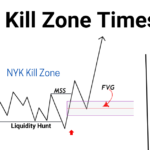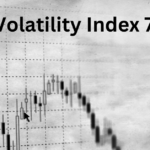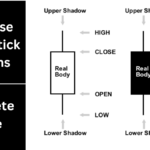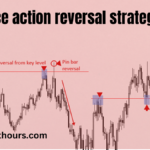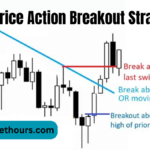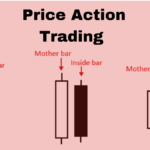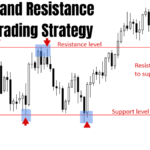The Forex market stands out due to its unique feature of being open 24 hours a day, five days a week, which makes it very appealing to traders all over the world, including those in South Africa. This around-the-clock availability means that traders can participate in trading activities at any time of the day or night, fitting trading into their schedules regardless of their time zone.
However, it’s important to note that the market’s continuous operation does not guarantee that every hour will present equally profitable opportunities. The Forex market experiences various levels of volatility and liquidity throughout the day, influenced by the opening hours of major financial centers around the world.
What is the Best Time to Trade Forex From South Africa
South Africa is situated in the GMT+2 time zone, which places it two hours ahead of Greenwich Mean Time. Unlike many regions across the globe, South Africa does not observe Daylight Saving Time. This means that its clock remains consistent throughout the year, without any adjustments for seasonal changes in daylight.
This consistency in time is particularly important for Forex traders. It provides a stable time reference that allows them to schedule their trading activities without the need to adjust for time changes that occur in other parts of the world due to Daylight Saving Time.
When Two Session Overlap’s London and New Yolk
The most active times in the Forex market happen when the trading hours of major Forex sessions overlap. For traders in South Africa, the overlap between the London and New York sessions is especially significant. This overlap occurs from 3 PM to 7 PM South Africa Standard Time (SAST), or from 2 PM to 6 PM SAST during US Daylight Savings Time.
During these hours, the market experiences increased liquidity and volatility. This means there are more people buying and selling currencies, which can lead to larger and more frequent price movements. These conditions can be very beneficial for traders, as they provide more opportunities to make profitable trades.
| Session Overlap | Standard Time (SAST) | During US Daylight Savings (SAST) |
| London-New York | 3 PM to 7 PM | 2 PM to 6 PM |
It’s crucial to understand that South Africa does not observe Daylight Saving Time (DST), maintaining a consistent time zone throughout the year. However, London and New York, key locations in the Forex market, do observe DST. This means that during certain periods of the year, South African traders need to adjust their schedules to align with the changes in trading session times caused by DST in these cities.
When London and New York shift their clocks for DST, the overlap periods for Forex trading sessions change. South African traders must be aware of these changes to continue capitalizing on the increased market activity during these overlaps. Staying informed about the start and end dates of DST in these regions will help South African traders make the necessary adjustments to their trading schedules, ensuring they don’t miss out on the best times to trade.
When Sydney and Tokyo Overlap’s
The Sydney-Tokyo overlap, happening from 9 AM to 11 AM South Africa Standard Time (SAST), is another important time frame for Forex traders in South Africa. Although this overlap might not have the same level of activity as the London-New York overlap, it still presents valuable opportunities, particularly for trading currency pairs that are more influenced by the Asian markets.
| Forex Session | Session Hours (SAST) |
|---|---|
| Sydney | 11 PM to 8 AM |
| Tokyo | 1 AM to 10 AM |
| London | 10 AM to 7 PM |
| New York | 3 PM to 12 AM |
Timing Trades with Economic News Releases
Economic announcements are pivotal, often triggering significant market movements. In South Africa, key economic indicators are typically released during active trading sessions, amplifying their impact:
Is trading legal in SA?
Yes, Forex trading is legal in South Africa. The country has a well-established Forex market, and it’s regulated by the Financial Sector Conduct Authority (FSCA), previously known as the Financial Services Board (FSB). The FSCA oversees financial institutions and ensures they adhere to certain standards and regulations, providing traders with a level of protection.
